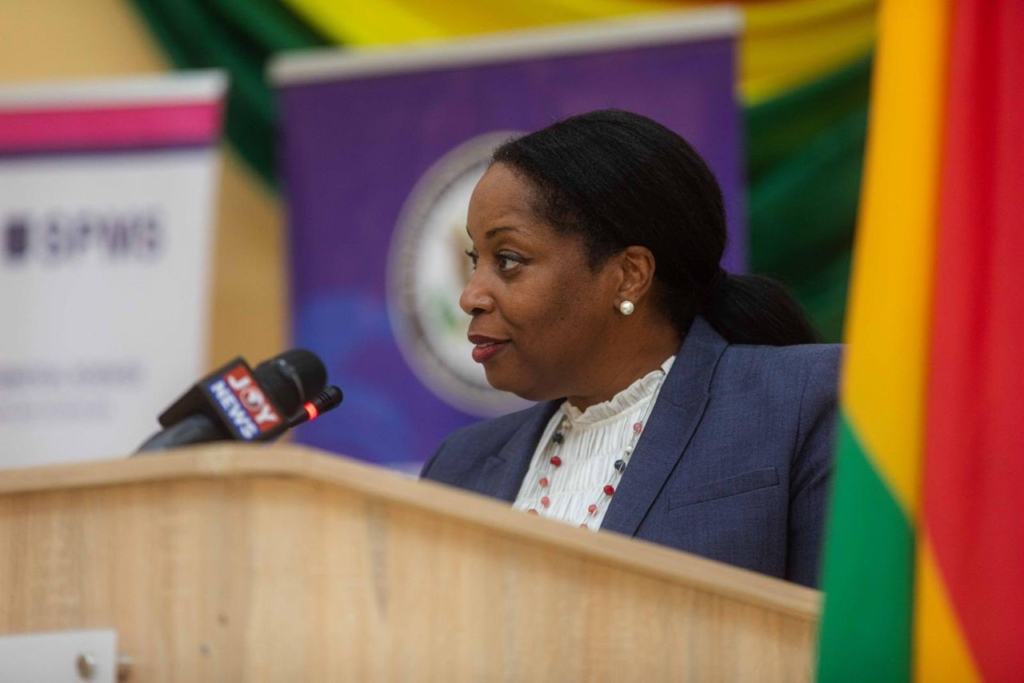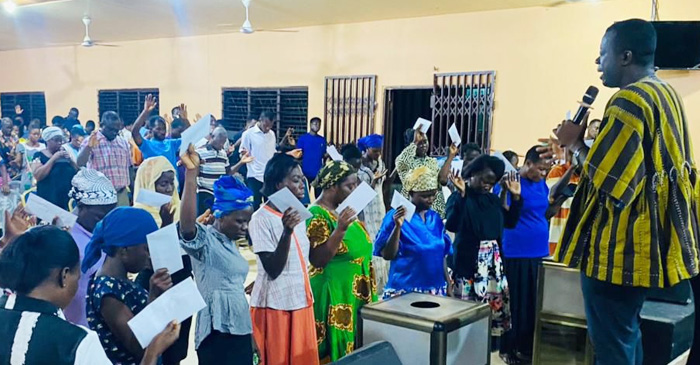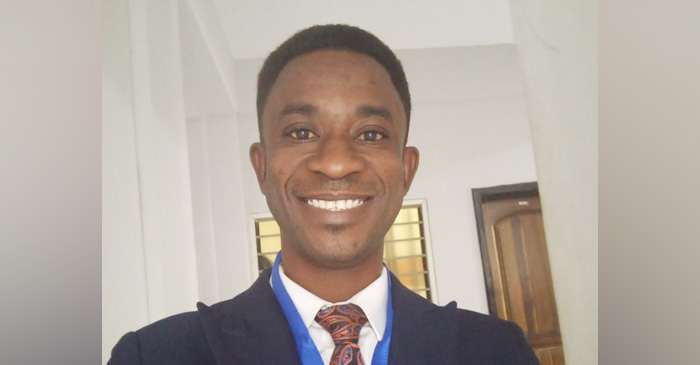
In a groundbreaking announcement, Acting Assistant Secretary of State for Oceans and International Environmental and Scientific Affairs Jennifer R. Littlejohn declared the United States’ commitment to transforming the University of Ghana into a regional training centre for air quality.
The goal is to replicate this model across the African continent, fostering collaboration and knowledge-sharing to address pressing environmental challenges.
In her address, she highlighted the importance of Africa in shaping the global future, given its demographic significance and abundance of natural resources.
Acknowledging Ghana’s pivotal role in this context, she expressed the United States’ commitment to supporting the nation’s development through various initiatives.

Key among these is the ambitious plan to bolster air quality awareness and management.
“We expect to grow the hub at the University of Ghana to become a regional training centre for air quality and then replicate this model to create additional hubs throughout the continent.”
Littlejohn emphasized that air pollution is not merely an irritant but a grave health concern, causing an alarming 28,000 premature deaths annually in Ghana alone, according to the World Health Organisation.
“Air pollution is not just something that irritates the eyes and the throat – it is a killer,” she said.
As part of the broader initiative to enhance regional capacity on air quality, the United States recently funded a week-long certificate program at the University of Ghana.
The program, attended by 100 participants from West Africa, aimed to educate and form a community of practice to collectively address air quality challenges.
The U.S. Embassy in Accra has taken proactive steps to contribute to real-time data availability, installing an air quality monitor on Embassy grounds.
Citizens can track the current air quality index through the U.S. Environmental Protection Agency’s AirNow app and website.
Littlejohn also emphasized the U.S.’s commitment to addressing water challenges, highlighting Ghana’s role as a priority country in the U.S. Global Water Strategy.
The United States plans to invest approximately $100 million in Ghana’s water, sanitation, and hygiene (WASH) sector over the next five years.
In addition to environmental issues, Littlejohn touched upon the United States’ engagement in safeguarding ocean resources.
The Acting Assistant Secretary praised Ghana’s commitment to transparency in industrial fishing through an electronic monitoring system and recognized the nation’s efforts in the sustainable blue economy.
Addressing IUU (Illegal, Unreported, and Unregulated) fishing, Littlejohn announced initiatives, including a $23.8 million USAID project to reduce fishing overcapacity and improve fisheries management in Ghana over five years.
In her closing remarks, Littlejohn emphasized the pivotal role of the younger generation, encouraging students to pursue careers in science, technology, engineering, and mathematics (STEM).
She emphasized the importance of inclusivity, particularly in STEM fields, and expressed high hopes for the students’ ability to effect positive change in Ghana and beyond.
This story was a collaboration with New Narratives. Funding was provided by the Clean Air Fund. The funder had no say in the content of the story.












